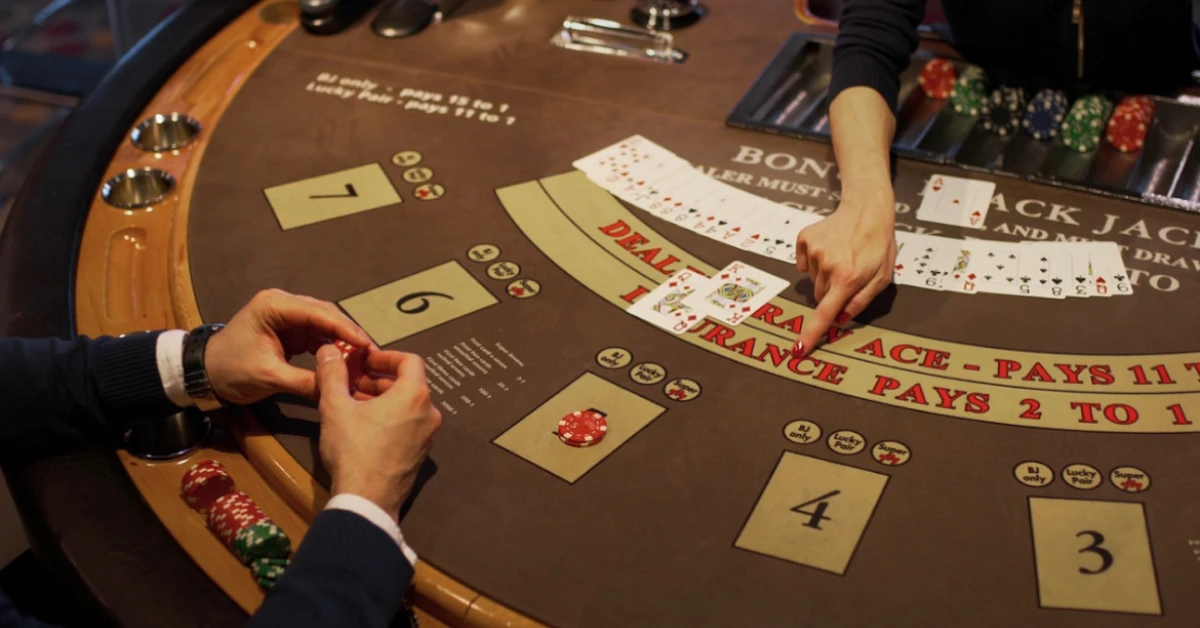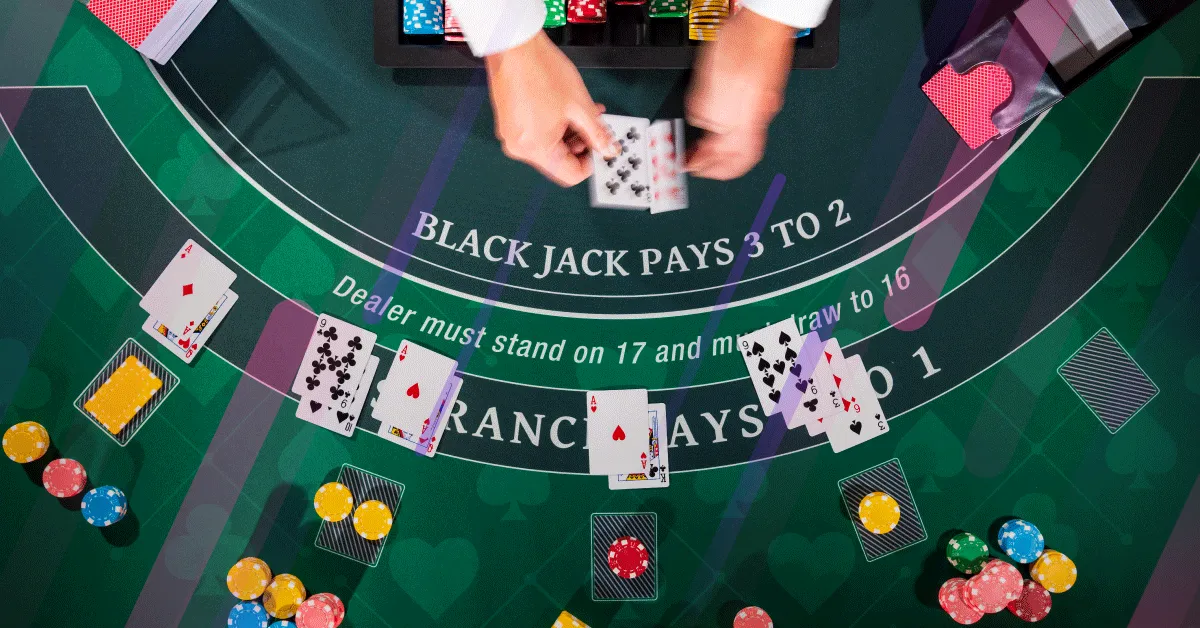Scammer Alert: The Real Deal on Street Scams
_1200x273.webp)
_1200x273.webp)
1.0
Default
We find them on the busiest tourist spots, on street corners and under the shadow of attractions such as the Eiffel Tower – and they attract our interest because they are playing a game, cheered on by plenty of onlookers and bystanders who appear to be intrigued, too. So we step closer, unwittingly drawn to the spider’s web, and at the end of the ‘show,’ we end up being poorer by a few hundred dollars (or Euros, for that matter).
If you have ever traveled to many of the world’s tourist spots, you are almost guaranteed to come across a street scammer or two. Interestingly enough, a lot of people and travelers have heard about them and know how these street scammers work – but once you are in their crosshairs and right there in the midst of the action, your common sense seems to fly out the window and you also (almost inevitably) fall victim to the scam. But there is a way out of it, and if you are visiting another country soon or in the near future, you could very well avoid getting scammed, especially by street scammers. Let’s delve into the world of street scams and learn how they work - and, more importantly, how we can avoid them.

Street scams seem to be more prevalent these days, and it could be due to the world opening up, with travelers and tourists left and right. That is how these street scams thrive – by preying on unsuspecting tourists who fall victim to some of the oldest scams in the book. Street scams are deceptive schemes aimed at tricking people into giving away their money, their valuables, or worse, even their personal information. These street scams often occur in public areas, like streets, tourist spots, or transit stations, and are expertly designed to catch victims off guard by playing on their trust, emotions, or lack of awareness. One such example of a street scam often occurring to hapless tourists in Paris (right beside the Eiffel Tower, to be precise) is the so-called 3 cups gambling game, where you are supposed to guess which of the three cups have the money. Here are some other common types of street scams below:
A scammer pretends to find money (or valuables) on the ground and offers to share it with the victim. Shortly after, another scammer (posing as an authority figure) accuses the victim of theft or demands a cut, intimidating the victim into paying.
Scammers approach people on the street, claiming to raise money for a charity, natural disaster, or social cause. They may show fake badges or documents to appear legitimate but keep any donations for themselves. This is one of the oldest tricks in the book, but many people still fall for it, sadly enough.
A scammer approaches someone, more often than not, a tourist, and offers a friendship bracelet for ‘free.’ But once it’s tied on, they demand payment, often aggressively, making the victim feel pressured to pay.
In this scam, one person distracts the victim – often by asking for directions, spilling something on them, or creating a scene - while an accomplice picks their pocket or takes their belongings.
A scammer pretends to find a valuable-looking piece of jewelry, claiming they can’t keep it and offering it to the victim for a ‘small reward.’ The jewelry is usually fake and worth far less than what the victim pays.
This previously mentioned scam involves a game where the scammer hides a small object under one of three cups or shells, shuffling them and challenging people to guess where it is. Although it appears easy to win, the game is actually rigged. Accomplices posing as winners lure in real victims, who lose money by betting on the game.
Some cab drivers, especially in tourist areas, may take longer routes, charge inflated rates, or claim the meter is broken. They take advantage of travelers who may be unfamiliar with the area's standard prices.
Here’s a video example showing how a traveler in Paris attempted to outsmart street scammers. However, we strongly advise against doing this, as it can be dangerous.
There are some who, oddly enough, call ‘street games’ gambling – and most of those who call it gambling are con artists themselves. Take the case of a video that we watched recently: a street scammer was quick to point out that the ‘street game’ he was playing was gambling, while the potential troller asked, “Why is it gambling? It’s not gambling, because gambling has rules.” And yes, come to think of it, that person is right.
Street scams like the shell game don’t follow any set rules. Think of a street game called ‘street craps’ or ‘shooting dice.’ Street dice gambling is actually a form of gambling because the outcome depends on random luck. Even though it does not have formal rules per se, it is still gambling because the participants can place bets on whether the shooter will win or lose, or even bet on whether the shooter will roll a particular number or avoid rolling another number. This way, the outcome is not influenced by anything other than sheer luck.
But what makes street craps or shooting dice scary is the fact that when you play it on the street, there are no rules – whereas if you play it in a regulated environment, such as a casino, there will always be strict rules that must be followed.
So, while street dice can be a form of gambling, they also can be a risk for scamming. For instance, the dice can be weighted with something (also called ‘loaded’), or some players can use sleight of hand to manipulate the dice as it rolls. The thing with these games is, since they are not played in a regulated environment (such as a casino), there is more chance of it being turned into a scam if you play it on the street as opposed to a casino.

Did you know that street gambling legality varies significantly depending on the country, region, and even city? But in general, it’s often restricted or outright illegal. Here’s a brief overview:
In most cases, therefore, unlicensed street gambling is viewed as a potential public safety issue, as it suffers from a lack of oversight and can lead to disputes or scams. Street gamblers and organizers risk fines, arrests, and other penalties as well.

There are many different things you can do to protect yourself and your loved ones from unscrupulous elements. Some of these things are common sense, but there are also things that arise due to quick thinking and knowledge about these scams in the first place. And while it’s certainly tempting to troll scammers – some individuals even make trolling scammers a hobby or pastime, especially if they have a vlog! – you are advised not to do so, particularly as doing so can place you at risk.
Remember, these gypsy scammers (as they are also called, probably because most of these scammers originate from places like Romania) can be dangerous individuals who may be willing to defend their scam from trolls and will often do whatever it takes to stake their territory and claim. We’d also like to point out that ‘gypsy scammer’ is seen as a derogatory term – and even if it’s somewhat true, we’d like to state that using ethnicity to describe a scammer is both misleading and discriminatory.
That being said, here’s what you should always remember in order to avoid falling victim to these scams:
Recognizing these common tactics can help you prevent becoming victim to street scams. There’s no denying that we all love to travel and explore new places, and most of us can’t resist the thrill of risking something and being rewarded in the end. But you’re better off visiting a regulated and licensed casino rather than take a chance with a street scammer – you’re bound to get better rewards with the former, and, more importantly, you’ll get away with your life (and your dignity) intact.

August 6th, 2025
Why the Friends Slot Game Is a Must-Play for Every Fan
July 30th, 2025
13 Celebrities Who Love Playing and Winning at Blackjack
July 18th, 2025
Dana White's Net Worth: From UFC Titan to High-Stakes Gambler
July 10th, 2025
Bridge Bidding Guide: Systems, Conventions & Strategy
July 7th, 2025
Famous Celebrities and Legends Who Loved Playing Craps
June 27th, 2025
Best Online Slot Tournaments to Play Right Now
June 26th, 2025
Master European Blackjack: Rules, Strategy Charts & Winning Tips
June 19th, 2025
Blackjack Deviations – Advanced Plays for Bigger Profits
June 16th, 2025
How to Win at Bingo: Tips That Actually Work
June 9th, 2025
Top 10 Flea Markets in Connecticut You Should VisitAre you sure?
This will delete all chat history, and I will not remember what we were talking about.
✔
Todays Hot Deals